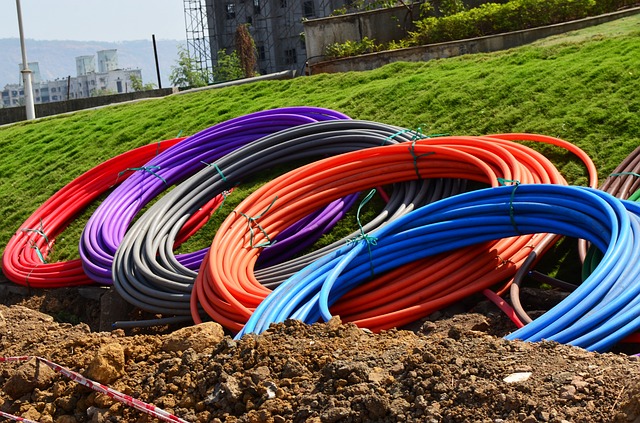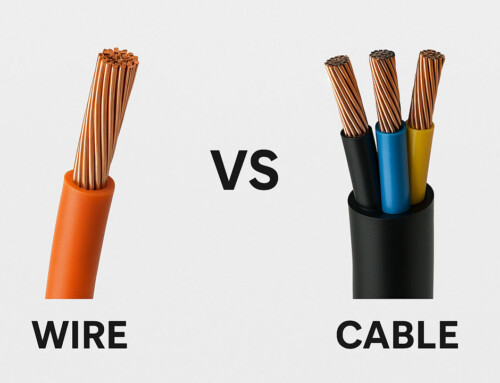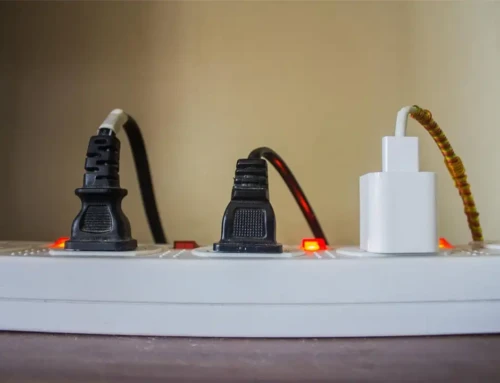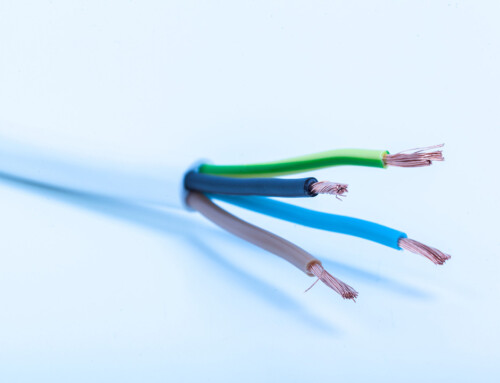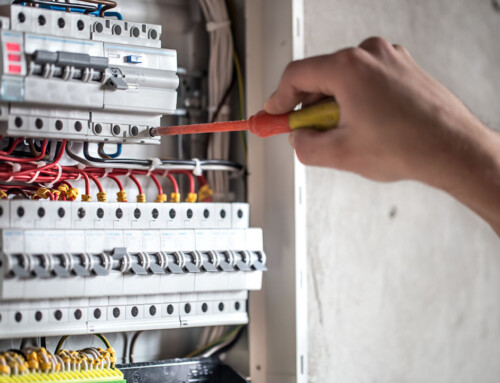Table of Contents
An electrical conduit is a durable tubing used for electrical protection and routing of individual electrical wiring conductors. A conduit is usually required where the wiring can be exposed or get damaged.
Conduit Installation
A conduit generally contains two or more individual insulated wires.
In a standard installation, an entire raceway is installed before the individual wires are threaded through the raceway. The raceway includes the conduit, boxes, connectors and fittings.
Every conduit has its own fittings and connectors. The fittings connect the lengths of conduit together. The connectors join the conduit to the boxes.
Conduits are necessary to maintain electrical safety and prevent electrical hazards.
5 Types of Electrical Conduits
-
Electrical Metallic Tubing (EMT)
This is the most common electrical conduit for exposed interior installations. These may include unfinished garages or basement.
EMT is the thinnest and lightest of the rigid metal conduit types. They come in different diameters, so you can choose the one suitable for your needs.
It is also called ‘thin-wall’ and is easy to bend with a tool called a conduit bender.
The National Electrical Code (NEC) permits EMT for dry and wet locations. It requires special watertight fittings and connectors in wet locations. -
Rigid Metal Conduit (RMC) and Intermediate Metal Conduit (IMC)
These are heavy-duty and rigid metal tubing used for structural applications. They are mostly used outdoors.
Both types of the conduit may also protect the wiring going into and out of the service panel. RMC and IMC can be used interchangeably, but, IMC is more common as it is lighter and easier to work with.
You can use them in dry, wet and corrosive locations. If necessary, you can even bury them in many applications.
-
Flexible Metallic Conduit (FMC)
This conduit is a spiralling metal tubing that bends easily. It is commonly used for short and exposed runs in household circuits. These may include hot water heaters, garbage disposers and furnaces.
FMC is ideal to use in dry locations only.
You can also use flexible metallic conduit as a ground path with approved fittings. Moreover, flexibility must not be an issue after installation.
-
Rigid Polyvinyl Chloride
It is plastic tubing that is a thinner version of PVC plumbing pipe. It can be heated and bent to change direction and is more commonly routed with elbow fittings.
All the connections are solvent-glued, which make the raceway watertight. This allows you to use rigid polyvinyl chloride for outdoor and underground applications. It is also ideal in dry and corrosive locations.
-
Liquid-Tight Flexible Metal Conduit (LFMC)
This is a flexible metal conduit coated with a plastic sheathing to make it watertight.
You can use them in dry as well as wet locations. LFMC is commonly used to protect the wiring between an outdoor air-conditioner unit and the unit’s disconnect switch.You can even bury LFMC if the materials are approved for the application.
You must not compromise on electrical safety at home to protect your family. Contact D&F Liquidators to get a quote on electrical materials and conduits.

